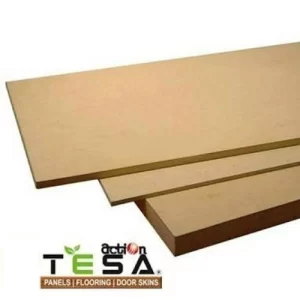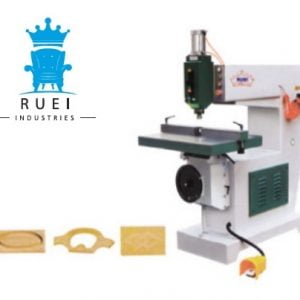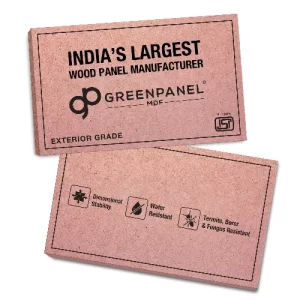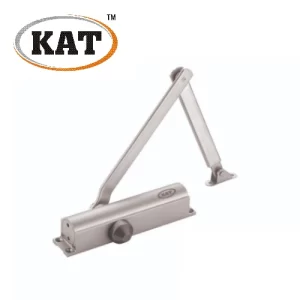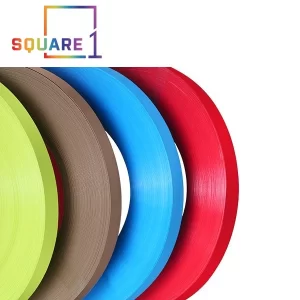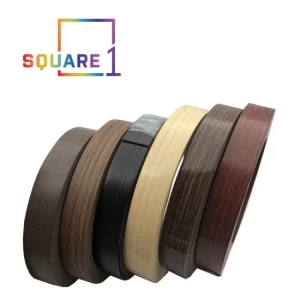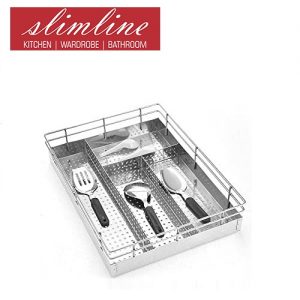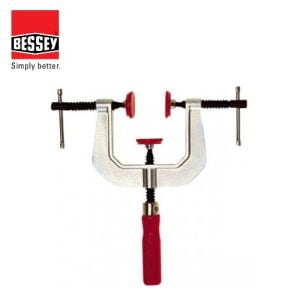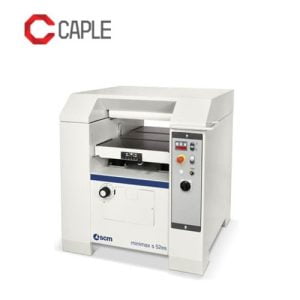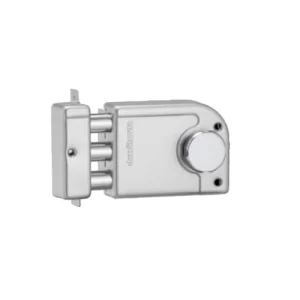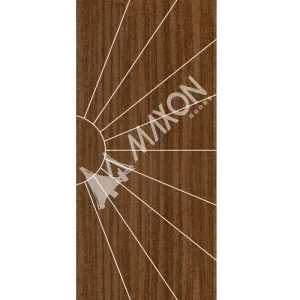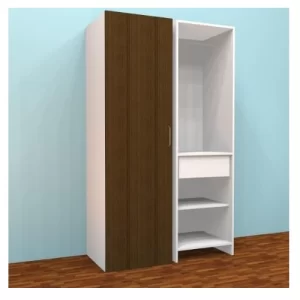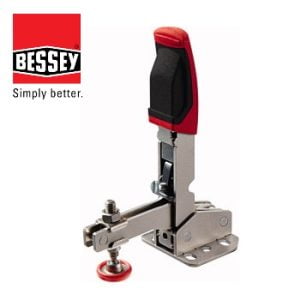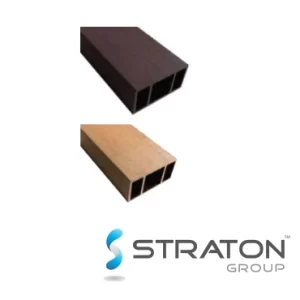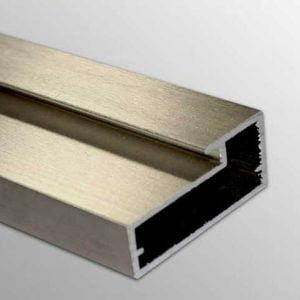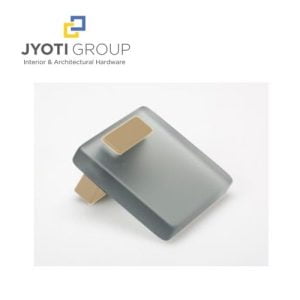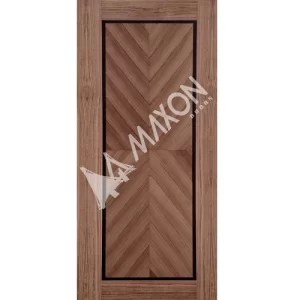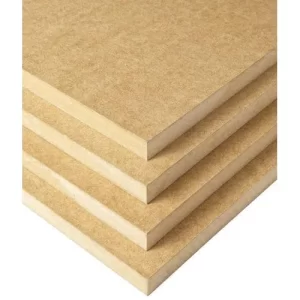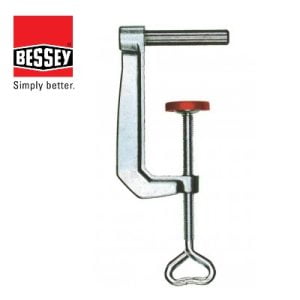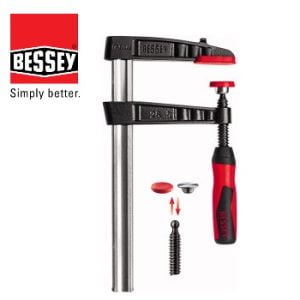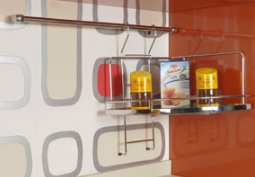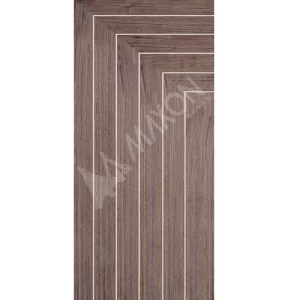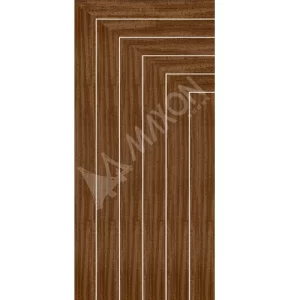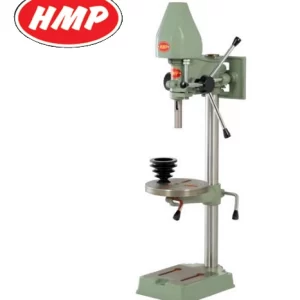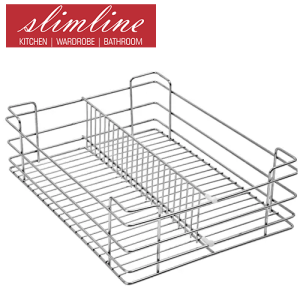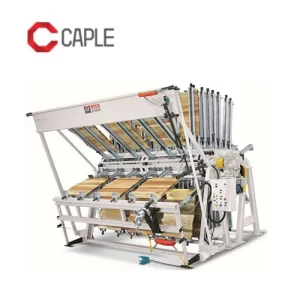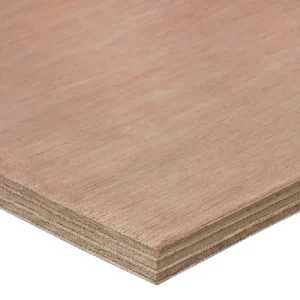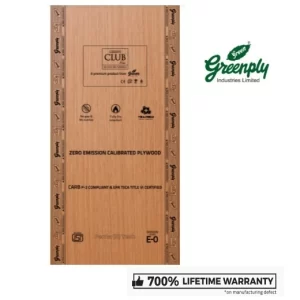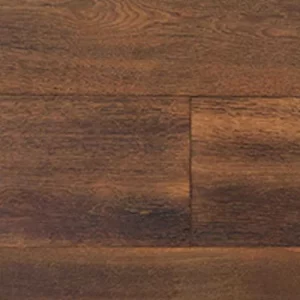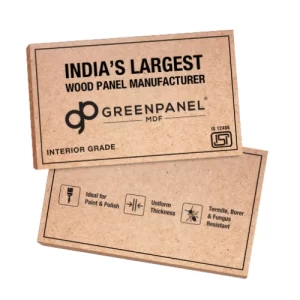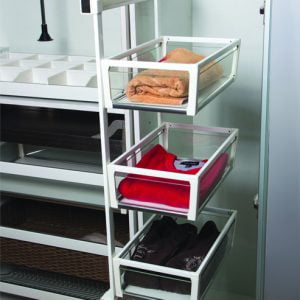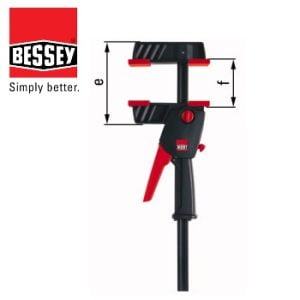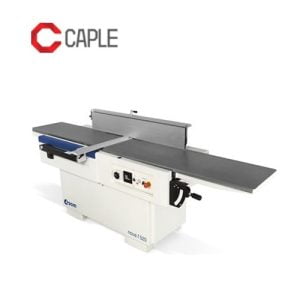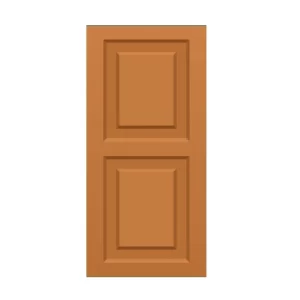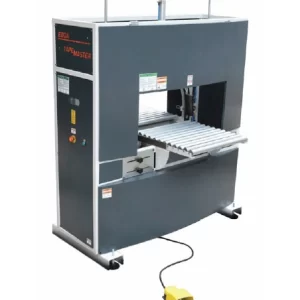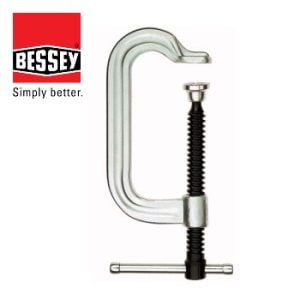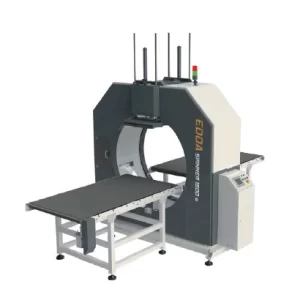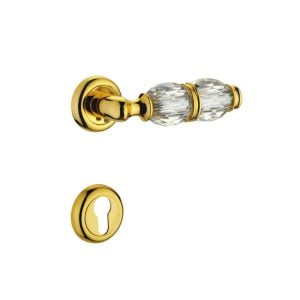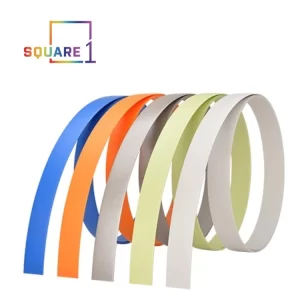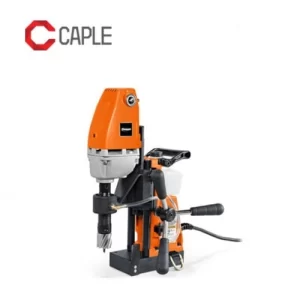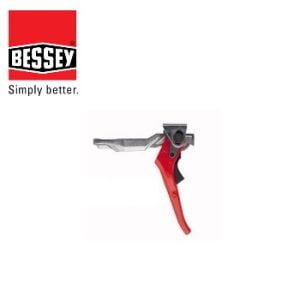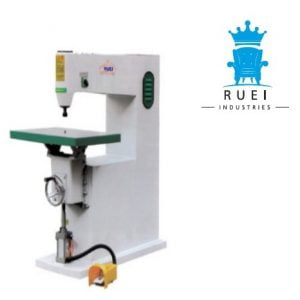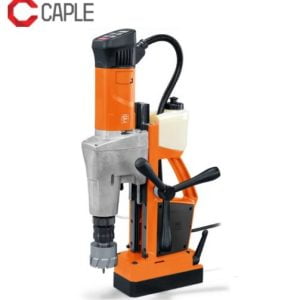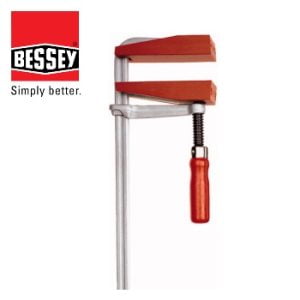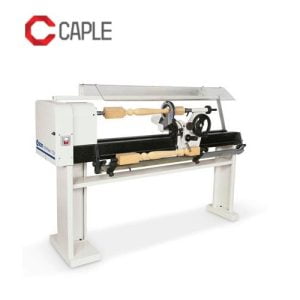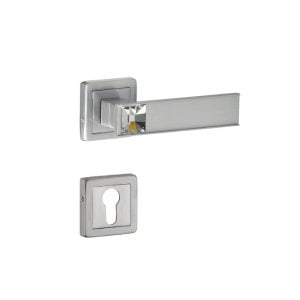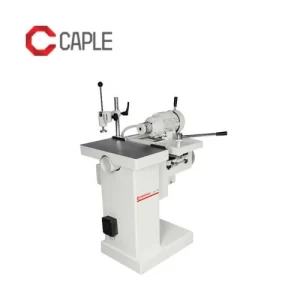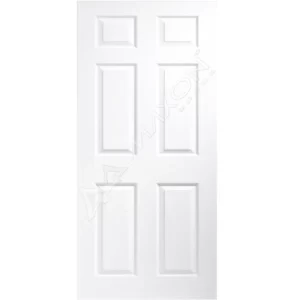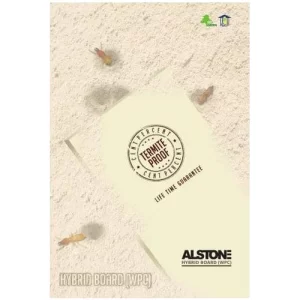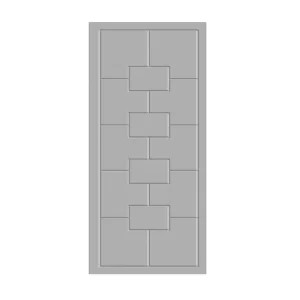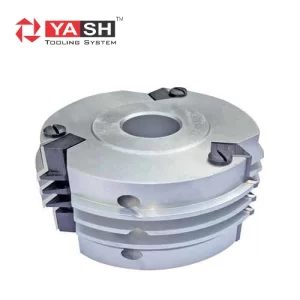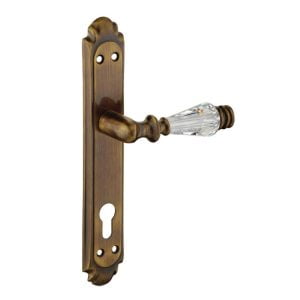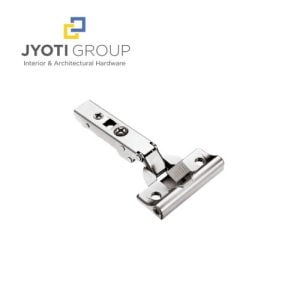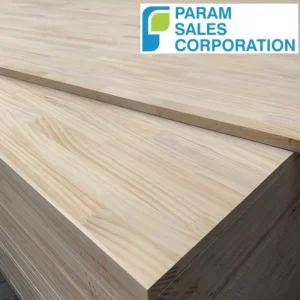-
- Vendor:
Laranza International Pvt Ltd
-
- Vendor:
Laranza International Pvt Ltd
-
- Vendor:
Prince Machines Pvt Ltd
-
- Vendor:
Rajlaxmi Machine Tools
-
- Vendor:
Globentis International Pvt Ltd
-
- Vendor:
Accutec Wood Tooling System Pvt Ltd
-
- Vendor:
Accutec Wood Tooling System Pvt Ltd
-
- Vendor:
Caple Industria Solutions
-
- Vendor:
Dorset Industries Private Limited
-
- Vendor:
Globentis International Pvt Ltd
-
- Vendor:
Accutec Wood Tooling System Pvt Ltd

Kamal Farah, a member of the board of directors at Desert Board, tells Construction Week Middle East about Desert Board’s Palm Strand Boards and its contribution to the Middle East region’s sustainability and circular economy ambitions
Tell us about The Palm Strand Boards (PSBs) and how it contributes to the local economy from Desert Board’s perspective.
We are proud to announce that through years of research and experiments, Desert Board has arrived at a patented technology and process to produce one of the most sustainably engineered wooden boards in the world that are naturally produced from the desert.
Not only does the factory contribute to the local manufacturing economy, but it also helps in achieving the region’s sustainability and circular economy goals and further offers the region the opportunity to source a locally available, economical, sustainable, and high-strength board.
PSBs can be used for interiors, construction, packaging, transport, and housebuilding industries, as well as in DIY and home improvement projects.
What is the raw material used to make the boards, and where is the machinery from?
Our boards are proudly made in the UAE, using the palm frond waste that accumulates annually from trimming palm trees. The technique of utilising this waste has been engineered from the ground up to work with the special nature of the palm waste.
Our facility is considered one of the most advanced wooden board manufacturers in the region due to its advanced automation and efficiency. Our location in Abu Dhabi’s KIZAD also helps us with logistics – to supply it to our customers quicker.
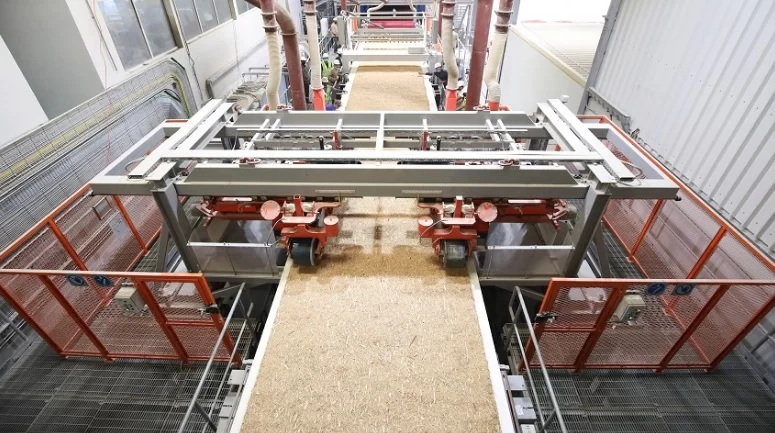
How do you ensure that the boards are sustainable and formaldehyde-free?
We made the PSBs sustainable and formaldehyde-free by working endlessly and trying new methods to improve the boards’ properties by using different resin recipes whilst also fine-tuning how we process the palm waste. We regularly test our boards in third-party laboratories to ensure we meet the correct standards.
In addition to these tests, we perform daily tests in our in-house laboratory to ensure that our boards meet the highest standards.
Regarding sustainability, our PSBs are made from locally sourced natural palm waste materials which benefit the environment in multiple ways.
First, by collecting the waste materials and turning it into a beneficial product that helps the region, we are reducing the burden on local waste management facilities.
Furthermore, if the end-user wants to discard our boards, they can be collected, reprocessed, and turned into new boards again, thus contributing to the circular economy.
How do you ensure that the manufacturing process is sustainable?
Being sustainable was our goal from the beginning, and that’s why our production process utilises multiple energy sources.
We use the dust generated throughout the process for fuel, thus reducing our burden on the local electricity grid. We have also installed a water recycling facility that helps keep the plant process efficient to minimise our impact on the environment.
What were some challenges encountered when you first started making the PSBs and how were they addressed?
Creating the first palm strand board in the world was a big challenge; we faced multiple trials and speed humps, but the drive to create something that had never been done made us more ambitious to succeed.
One of the first challenges we faced was to ensure that the PSB is durable and strong. After multiple trials and errors, we created a board that exceeded the standards set for such a board. In brief, the PSBs are versatile and suitable for interior and exterior usage.
In terms of supply, which are your major sectors? Can you give us an example of the PSB’s usage with a client?
We are proud to see our boards are being used and considered for many upcoming megaprojects in the region. This showcases the versatility of the boards. In addition, due to the zero emissions rating concerning formaldehyde emissions, the boards are very well suited for the interiors industry.
We have built an office, on one of the popular beaches in Dubai, from two containers completely clad (internally and externally) from our PSBs. Furthermore, we are producing boards that are being used as door cores and door frames.
We have also conducted many trials by successfully pressing laminates and veneers to the surfaces of our boards, and have sold this to interior fit-out contractors. They have not only been satisfied with the surface quality after applying veneers or laminates to them, but have also been impressed with the board’s strength and its ability to withhold screws with ease (even after being removed and re-fixed many times).
In addition, the board’s high moisture-resistant properties have encouraged contractors to use it in kitchens, bathrooms and other wet areas.
Concerning construction, our boards are currently being tested to be used as scaffold boards, and they have been used as formwork for casting concrete, and we are developing it further to be used as formwork for multiple concrete casts.
Finally, at our facility in KIZAD, we have built a one-storey and a two-storey house from the Board.
Finally, why did you create the Palm Strand Board?
The team’s aim behind creating the Palm Strand Boards was to deliver a sustainable solution for the earth’s benefit and our children’s future by creating a wooden board that doesn’t require any tree to be cut down. This offers us an opportunity to safeguard the forests on earth.
In conclusion, we are able to offer the region and the rest of the world a high-strength, economical and sustainable board locally sourced and manufactured in the UAE. Courtesy: https://www.constructionweekonline.com/business/worlds-first-palm-strand-board-sustainable-formaldehyde-free-and-made-in-the-uae-2



